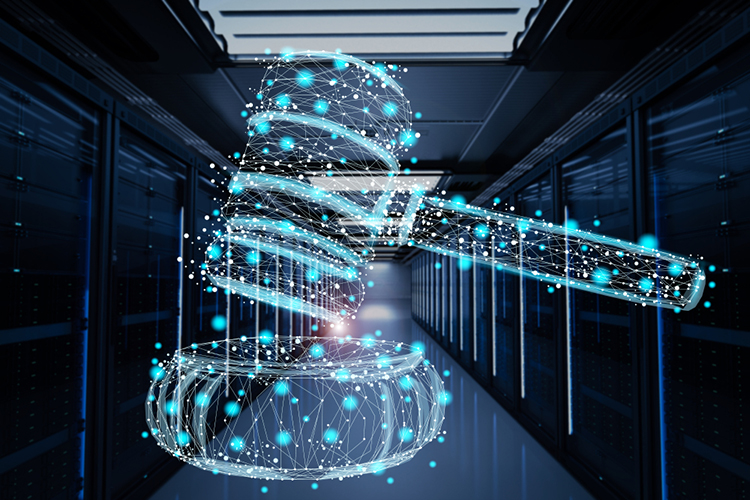Artificial Intelligence & Robotics
Some law firms reap fees for opponents’ AI errors, but one lawyer who failed to detect them got zilch

Judges are imposing hefty fines on attorneys who use faulty case citations in legal briefs that are likely generated by artificial intelligence. The sanctions usually are paid to law firms that expended time as a result of the errors—but not in one recent case in California. (Illustration from Shutterstock)
Judges are imposing hefty fines on attorneys who use faulty case citations in legal briefs that are likely generated by artificial intelligence. The sanctions usually are paid to law firms that expended time as a result of the errors—but not in one recent case in California.
In Puerto Rico, several firms—including Paul, Weiss, Rifkind, Wharton & Garrison and Sidley Austin—will share $24,492 in legal fees after the opposing counsel filed motions with at least 55 defective citations, report Reuters, Law360 and the Volokh Conspiracy.
The solo practitioners who filed the motions had denied that the errors were caused by the use of AI, “but the sheer number of inaccurate or nonexistent citations suggests otherwise,” said Chief U.S. District Judge Raúl Arias-Marxuach of the District of Puerto Rico in a Sept. 23 opinion.
The firms working on the case had initially sought nearly $88,000 in fees, but Arias-Marxuach trimmed the amounts, Law360 points out.
The two lawyers who were fined are Ibrahim Reyes of Reyes Lawyers and Jose R. Olmo-Rodriguez of the Olmo & Rodriguez Matias Law Office. Neither immediately responded to the ABA Journal’s request for comment.
In California, a lawyer will have to pay $10,000 for including fake quotes and off-topic cases generated by AI in appellate briefs, report CalMatters and LawSites.
The sanction will be paid to the court, the California Courts of Appeal’s Second Appellate District said in a Sept. 12 opinion. The appeals court declined to award attorney fees to the opposing counsel because they did not detect the errors.
The case “adds an intriguing dimension to the growing body of AI-hallucination-sanctions cases, raising the question of a lawyer’s duty to detect fabricated, AI-generated citations—not in the lawyer’s own filings but in an opponent’s,” LawSites reports.
The sanctioned lawyer in the California case is Amir Mostafavi. He told CalMatters that it’s unrealistic to expect lawyers to stop using AI. But until AI stops generating bogus information, lawyers must proceed with caution.
“In the meantime, we’re going to have some victims, we’re going to have some damages, we’re going to have some wreckages,” Mostafavi said. “I hope this example will help others not fall into the hole. I’m paying the price.”
Write a letter to the editor, share a story tip or update, or report an error.

